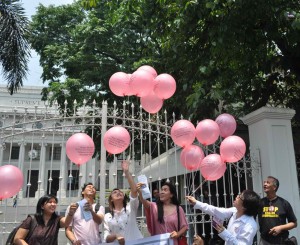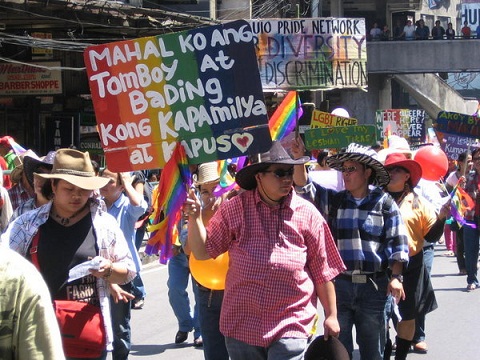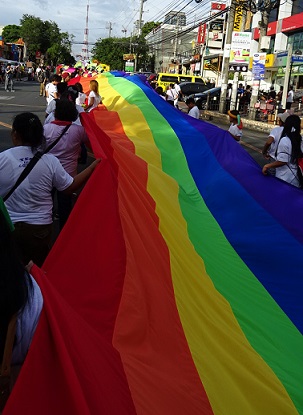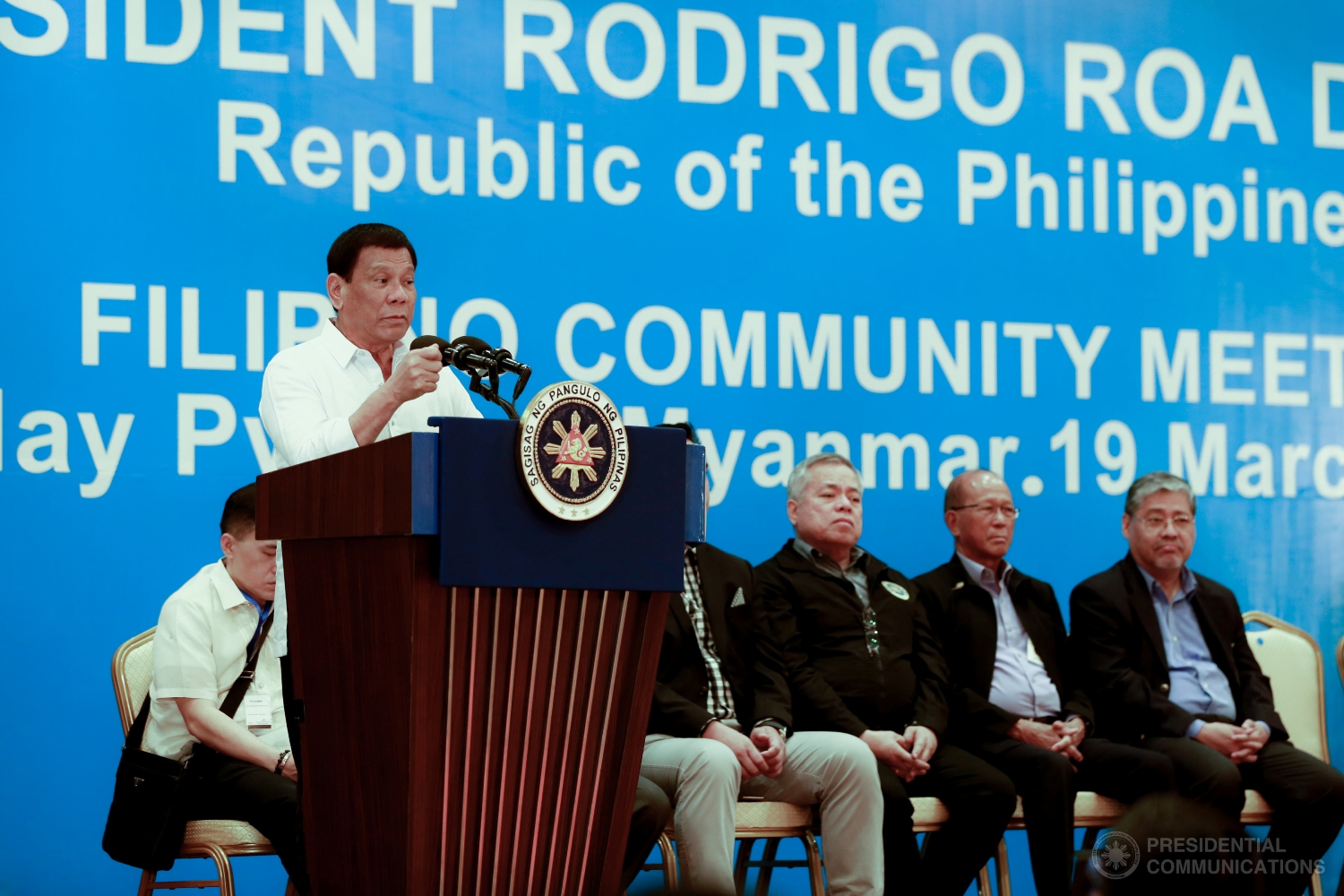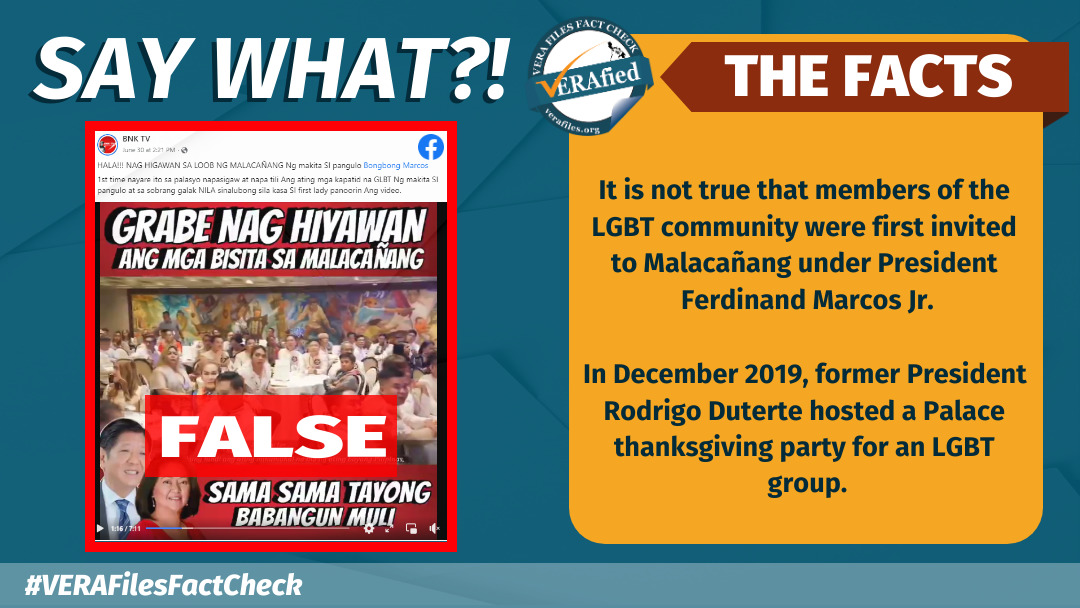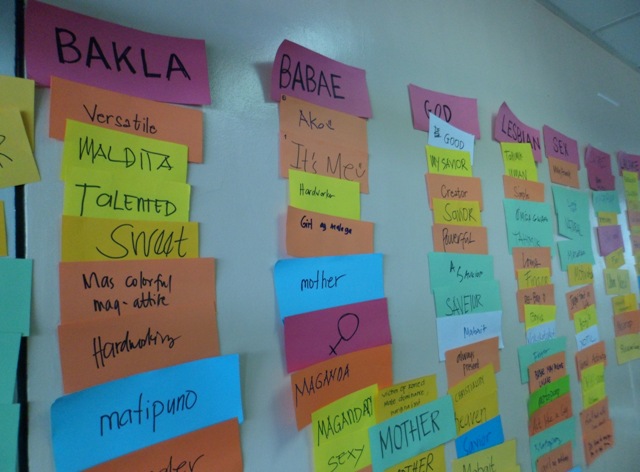
By CARLO FIGUEROA
DAVAO CITY—Who is considered a transgender – RuPaul or Bebe Gandanghari?
What’s the difference between sex and gender? How about sexual orientation and gender identity?
Most would probably say the differences are negligible, when in fact, they are not.
These seemingly innocuous questions were some of the hottest discussion points in a forum that wanted to explore the youth’s notions of these complicated issues.
“Advancing the Campus Rainbow Agenda,” a forum co-organized by the UP (University of the Philippines) Babaylanes, Ateneo de Davao Legal Public Interest and Legal Advocacy Center (APILA), Davao City Integrated Gender and Development Division and the Canadian embassy, tackled the issues of sexual orientations and gender identities (SOGI) in the context of human rights. The target audience: student leaders of various colleges and universities.
“We are targeting the student leaders because they are in a position to facilitate change by echoing insights learned here to their fellow students,” said Ramil Andag, an officer of Babaylanes Inc., an organization of alumni and former members of Babaylan, the first gay student organization based in the University of the Philippines in Diliman.
“The lack of knowledge (about SOGI issues) among the general public leads to several implications,” said Perci Cendana, another member of Babaylanes and the first openly gay chairperson of the UP Diliman Student Council elected in 1997. “Stereotyping, invisibility, marginalization, stigma, and inequality. These ugly implications contribute to the vicious cycle of prejudice and discrimination.”
More than 140 members of the lesbian, gay, bisexual, and transgender (LGBT) community in the country have been killed in the past fifteen years making them a sector highly vulnerable to violence. These killings were allegedly motivated by hate and anti-gay sentiment.
Citing data gathered by the Philippine LGBT Hate Crime Watch, Dr. Eric Julian Manalastas, an assistant professor at the University of the Philippines’ Department of Psychology, said from 1996 until last year, 144 LGBTs had been killed violently. In 2011 alone, 32 gays and lesbians were violently killed.
“There were 58 deaths from multiple stab wounds, 25 from multiple gunshots, while six died from torture,” Manalastas said.
Hate, he said, was a common reason for the high number of gays and lesbians being targeted.
Andag said, “It is hoped that student leaders may eventually advocate for school policies that are for equality and nondiscrimination.”

Discrimination is the condition of unequal treatment, or without dignity or being targeted for violence and harassment—that lesbians, gays, bisexuals, and transgenders (LGBTs) experience on a regular basis.
Early this month, Heart Diño was elected as the first transgender chairperson of the University Student Council in UP-Diliman and Alex Castro, a bisexual woman, the vice chairperson of the council. Their election has been described as a “historic” moment.
The forum here was straightforward in giving clear suggestions on how to avoid discrimination: Empowerment, meaning individuals should find that they are able to accept themselves and find their voice; organizing—showing that grouping together is an assertion of strength; education—increasing public acceptance of LGBTs for the community in general; and mobilizing referring to the need for LGBTs to advocate for their rights and welfare.
Cendana emphasized raising public awareness on sexual and gender identity issues contribute to a stronger atmosphere of understanding and diversity. “We live in a world of diversity. Sexual orientation should not be a basis for unequal treatment,” he said.
Jamie Christoff, Political and Economic Counsellor of the Canadian embassy, echoed the importance of diversity. “Diversity means inclusivity,” he said.
Such inclusivity is anchored on the concept of the universality of human rights. The United Nations’ Universal Declaration of Human Rights, International Covenant on Civil and Political Rights, and the International Covenant on Economic, Social, and Cultural Rights collectively form the International Bill of Human Rights.
“All three documents place importance on equality. In fact, all three documents have nondiscrimination found in their respective Article IIs,” Andag said.
The recognition of rights should not be limited by the various meanings of terms in the LGBT front:
- Sex is the physiological condition, determined by biological makeup. (Male/Female/Intersex)
- Gender is a social construction, what it means to be a man or woman. (Masculine or feminine)
- Sexual orientation answers the question, “Who do I like?” It is determined by desire or attraction. (homosexual/heterosexual/bisexual)
- Transgender is beyond masculine and feminine. It is how the person identifies him/herself even if different from the assigned sex.
And yes, since she is now indentifying herself as female, it’s Bebe Gandanghari who is a transgender.
(Carlo Figueroa is the public affairs officer of the Embassy of Canada.)
